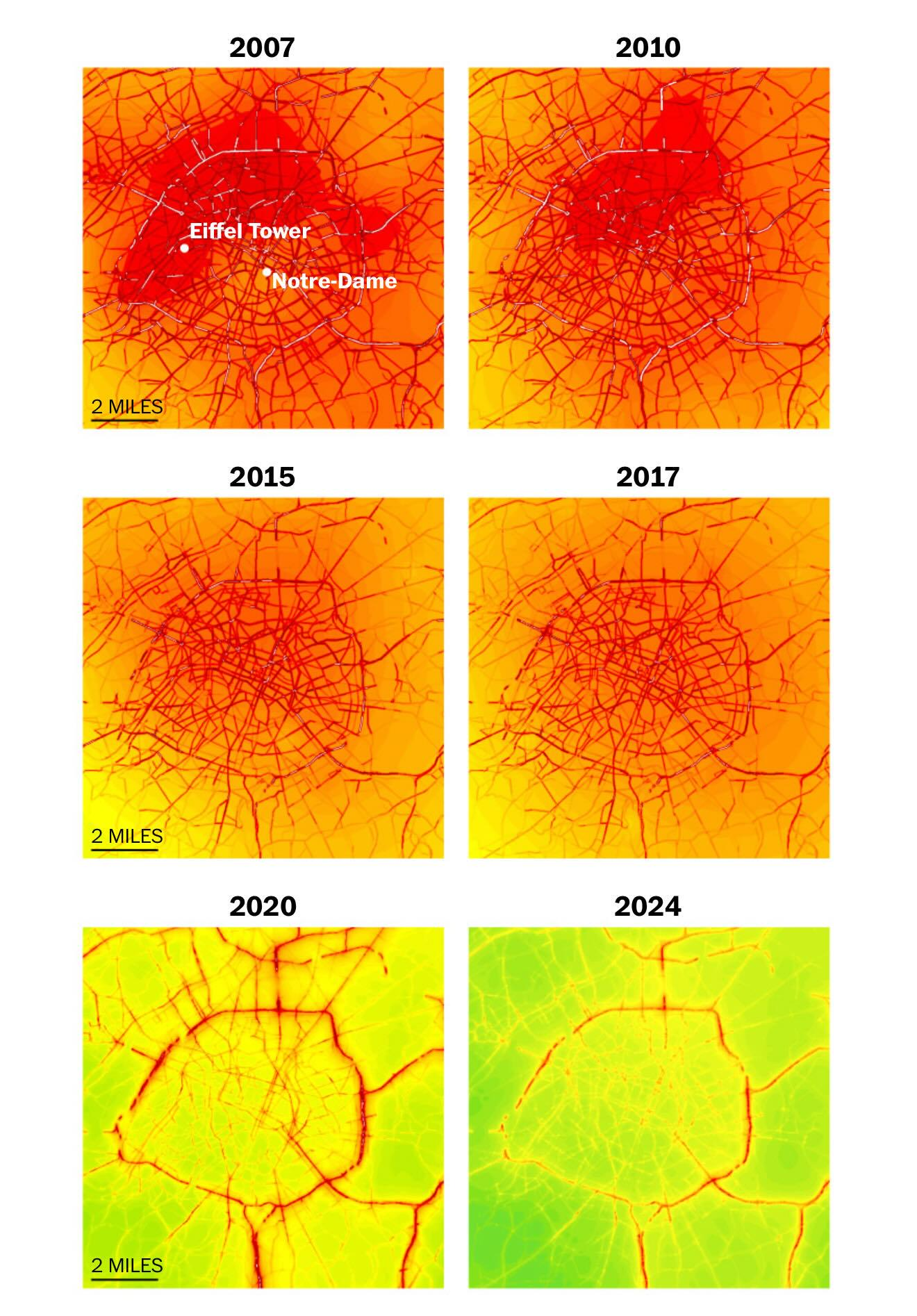yeah i hate musk but the fact grok was launched in nov 2023 years behind the competition and has caught up is shocking
AI as a tech product is advancing faster than any other tech I've ever seen, you mentioning DeepSeek's revelations from like 8 months ago already feels like an eternity
The most surprising thing about this image is that Grok is on it, they started way behind the 8ball and have caught up
The headline for the commercial, which features Australians drinking and frolicking on the beach, is "So where the bloody hell are you?".
As a result, the word "bloody" will be cut for the advert when shown on UK TV, according to Tourism Australia.
http://news.bbc.co.uk/2/hi/asia-pacific/4789650.stm
i knew the brits were censor heavy but wow
losing weight is so simple (just eat less) but so fuckin difficult (it is insanely difficult to eat less)
when I get below my average weight (85kg) say down to like 80kg, my body acts like it's dying
do you want to chat with an ai to clear this up lol
yes but the housing crisis is a whole problem in and of itself not related to ai
houses were unaffordable and increasingly unaffordable as you said years before chatgpt3.5 was even released
somehow we have a larger population than ever, more immigrants than ever but still
Mr Crost said Australia needed many more skilled tradespeople — including carpenters, electricians and plumbers — if it was to have any realistic hope of meeting the 1.2 million new homes goal.
"We are currently 83,000 tradies short," he said.
if we can get house prices back down i think we’d in far better nick than we were previously
Post-war Australia posed its own set of challenges such as housing shortages, continued rationing, economic instability and general unrest.
https://www.homestolove.com.au/the-block/1940s-houses-australia-21692/
lol seems like some things never change
well when people are less sick, they can work longer, which means they can be more productive, which means they can make more money
https://aussie.zone/post/23393953
like this, it allows gps to spend more time on the patient than writing up documentation
https://www.heidihealth.com/au
less time writing up documentation, more time spent helping patients and improving their lives, that’s a productivity boost
Whenever a technology has increased productivity, the extra profit made hasn’t been passed on to increase the workers’ real wages. Why would it?
Where did you read this? It certainly did in the past:

It stopped when a combination of the mining boom taking off, Australia being too expensive to be a manufacturing hub anymore and it's difficult to measure how many widgets we make when the widgets are hard to measure according to:
spoiler
This article by Ian Verrender examines the concept of productivity in Australia and challenges the common narrative that our productivity is in crisis.
Key points:
Misunderstanding Productivity: Many people, especially in business, confuse productivity (output per unit of input) with profitability and offer simplistic solutions like cutting red tape and lowering taxes without fully understanding the issue or measuring it accurately.
Wage Growth's Role: Contrary to common belief, stagnant wages growth isn't necessarily bad for productivity. Higher wages incentivize efficiency improvements and labor-saving technology (as seen in Australia's historical shift from agriculture to manufacturing/services), which wouldn't happen with suppressed wages.
Productivity Measurement Challenges: Measuring productivity is difficult, particularly in service-based economies like Australia's. It's hard to quantify output accurately for sectors like education or healthcare. This makes interpreting statistics and identifying true trends complex.
The Mining Boom Effect: Periods of high mineral prices (like the GFC aftermath and pandemic years) can appear to lower productivity figures, not because the economy is less efficient, but because mining companies become profitable digging harder-to-reach resources, taking more time and labor per unit. This isn't necessarily a sign of economic decline.
Investment, Not Just Taxes: While tax cuts might increase profits, they don't automatically lead to investment in productivity-enhancing equipment or techniques unless coupled with wage growth that makes such investment viable for businesses. Encouraging investment through targeted incentives could be more effective.
Complexity and Interconnectedness: Economic issues are complex. Solutions often have unintended consequences. The author questions the practicality of drastically changing policies (like abandoning mining) to achieve potentially easier-to-measure productivity figures, suggesting a deeper analysis is needed instead of assuming a simple fix exists.
In essence, Verrender argues that Australia shouldn't be in a panic about productivity, that wage growth isn't inherently bad, measurement methods are flawed for our service economy, and the mining boom's impact is often misinterpreted. He suggests focusing on encouraging genuine investment rather than relying solely on tax cuts or wage restraint.
https://www.abc.net.au/news/2025-05-27/productivity-wages-growth-australia-mining-boom/105338488
removing jobs through automation could be a great thing if we had a market capable of retraining those workers to perform the jobs that society needs most
Maybe we should use AI to train them :D




I get the feeling you guys link me to too many articles at the guardian
Not necessarily US companies, Chinese and European as well, in fact anyone who doesn't want to end up enslaved to a US tech monopoly (computer hardware, smartphones, operating systems, programs/office suites, clouds, data centres etc) yet again.
They're also not really selling you back your own words are they? It's like putting everything into a blender and what comes out works well, that's the magic of AI